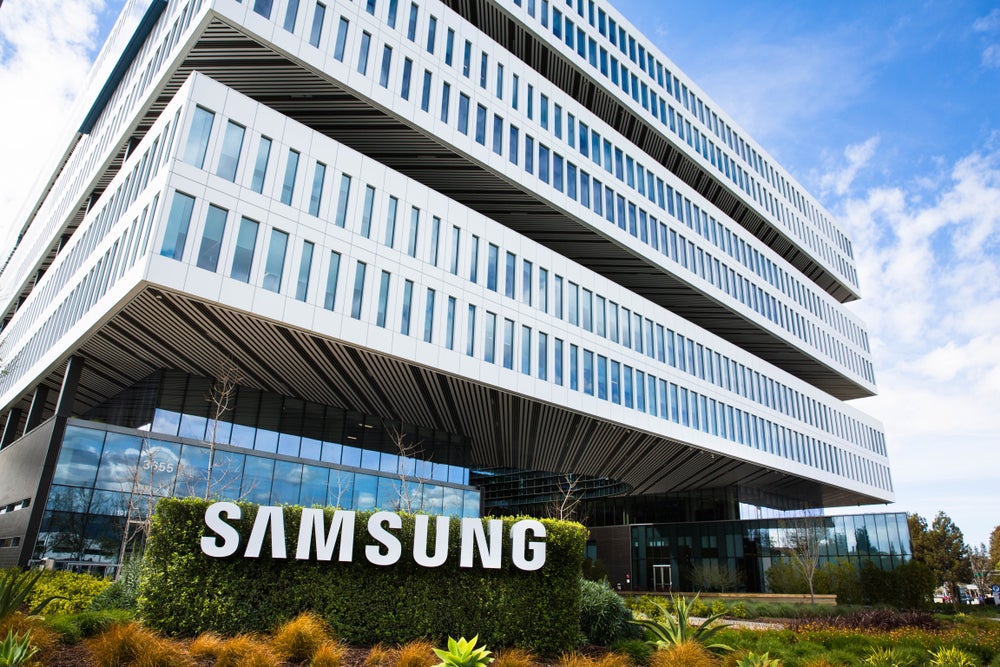
Samsung posted a 95% annual drop in operating profits last quarter, as the South Korean firm continues to be downtrodden by a declining smartphone market and weak chip demand.
A wave of price cuts brought on by heavy oversupply of memory chips, Samsung’s key product, marked a major problem for the tech giant – despite the company’s recent production cutbacks.
Samsung announced in April that it would be reducing memory chip production by a “meaningful” level, Reuters reported.
The South Korean company said in its earnings report this week that it will be extending these cuts, as the demand currently lies in high-end chips used in artificial intelligence (AI).
“Global demand is expected to gradually recover in the second half of the year, which should lead to an improvement in earnings driven by the component business,” Samsung said in its earnings report.
“However, continued macroeconomic risks could prove to be a challenge in such recovery in demand,” Samsung added.
Despite the decline in operating profits, Samsung said that an increasing demand for artificial intelligence (AI) helped prices stop falling further than they did.
Samsung said higher-quality semiconductors, which are used to power generative AI applications like ChatGPT, are expected to help continued sales in the future.
Dynamic random-access memory (DRAM) saw more sales which was an improvement over the first quarter, according to Samsung.
“The memory business saw results improve from the previous quarter as its focus on high bandwidth memory (HBM) and DDR5 products in anticipation of robust demand for AI applications led to higher-than-guided DRAM shipments,” Samsung said in its earnings report.
The South Korean company said the market is “expected to gradually move toward stability considering increasing production cuts in the industry” in the second half of the year.
“While inventory adjustments by customers are likely to wind down,” Samsung added.







